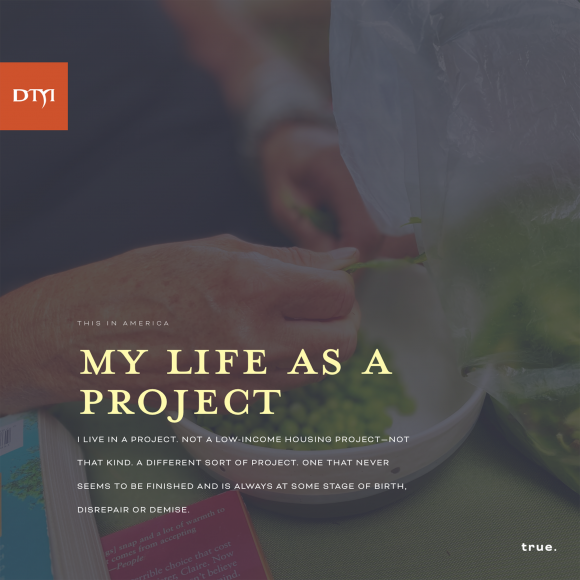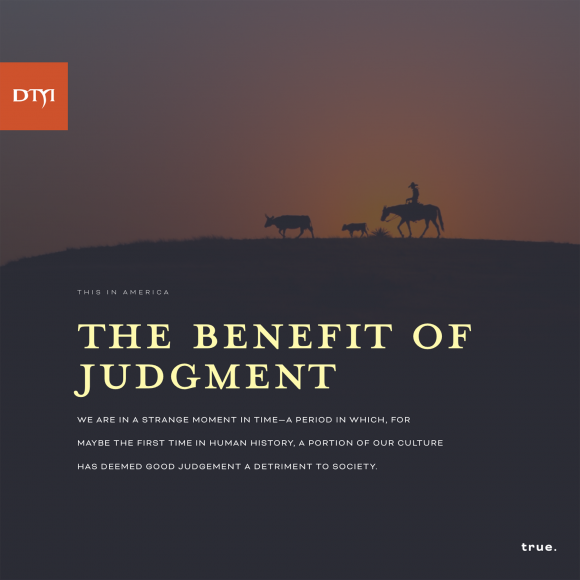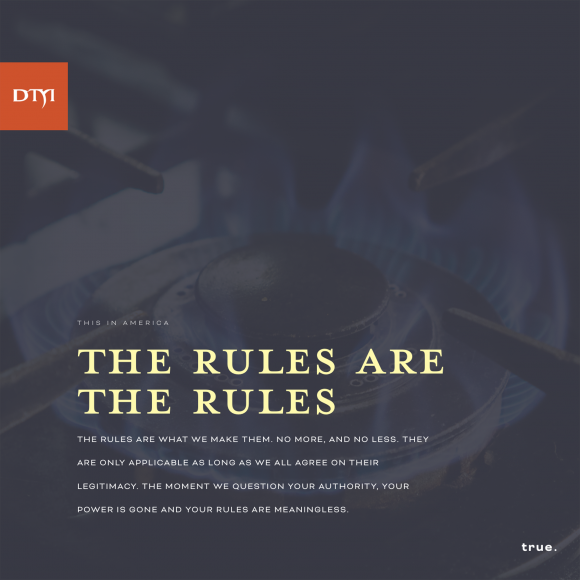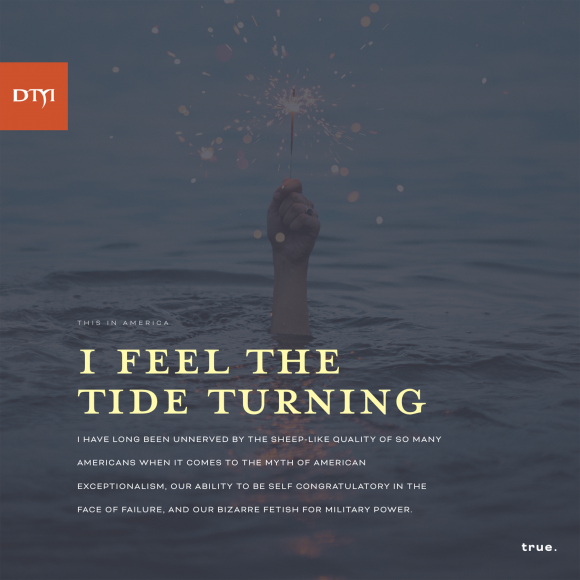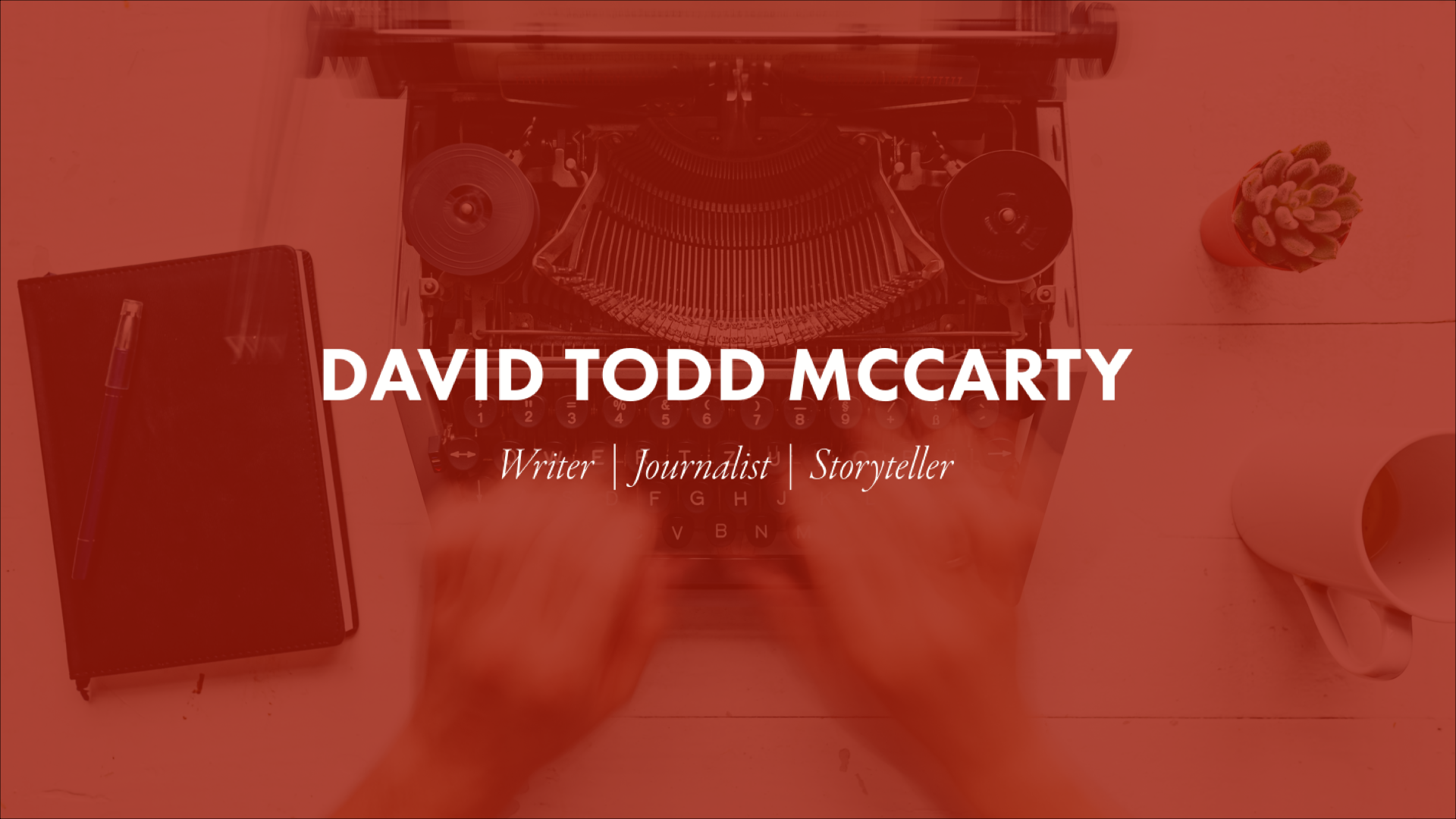“Jazz is rhythm and meaning.”
Henri Matisse
The French painter Henri Matisse once said, “I don’t paint things. I only paint the difference between things.”
This is how I feel when I try to understand jazz, and to be clear, I do not understand jazz. This is not to say I don’t appreciate it, I just don’t understand how it’s supposed to work. I am forced to play catchup the entire time, because I can’t quite predict where it’s going to go.
So if jazz could be described as the place between things. If jazz is, as Matisse said, rhythm and meaning, then it is more feeling than substance. It’s not about a person or a thing or even a place. It’s about the rhythm and meaning of human experience. It could be a story, if you stripped away the characters and the plot and the descriptions, for what would remain but the feeling, and the rhythm.
They say that jazz is the root of so much of modern music, especially modern American music. I guess if you’re going to build on something, it should be mood and meaning, and if you’re recognizing the African slave influence, a strong sense of rhythm.
I read somewhere that one of the reasons we look at Jazz as such a quintessential art form, beyond this being its birthplace, is that it is both seamlessly collaborative, and yet defiantly independent. It requires a conversation of sorts between musicians but also involves a lot of spirited argument.
Not all jazz is melancholy, as much of it is far too rambunctious for that, but there is often a note of sadness about it that forces you look into the past. Louis Armstrong said, “The memory of things gone is important to a jazz musician.” As if nostalgia, the memory of things gone, is part of understanding what to play when you’re improvising a song you’ve never played before. If the blues tells you where you’ve been, rock and roll tells you where to go, maybe jazz attempts to explain what it all meant.
According to a study done by Scottish scientists at the University of Glasglow, our eyes move faster than our brain is able to comprehend so in order to make up for this lapse and ensure our vision is stable and not jumpy, our brain “predicts” what our eyes will see next. So what you’re seeing isn’t happening in the same moment you think it is. In fact, if you really want to scorch your noggin, reality is only what we perceive it to be.
How do you know what I think chicken tastes like, or pumpkin pie? You only know what you think it tastes like. They fact that we have similar tastes in common due to socialization and environment, doesn’t mean we share the same precise understanding of sensory input. Maybe the color orange looks different to me that to you. Maybe that’s why I hate tomatoes and you dislike broccoli. Who the fuck knows?
The abstract expressionist painter Jackson Pollack said, “The modern artist is working with space and time, and expressing his feelings rather than illustrating.”
People with more literal tendencies would suggest that this is thinking that is more in line with art than with science, but that is only true of people who think the questions have all been answered. To anyone with a modicum of knowledge, it is abundantly clear that we have barely scratched the surface, so if you’re going to get deep, you had better be prepared to look at the areas between space and time, between perception and reality, because if you hope to find any meaning, you’re going to have to be listening for the rhythm.
I don’t have to understand jazz, I just have to be willing to listen and resist the temptation to try to predict where it all will go.


